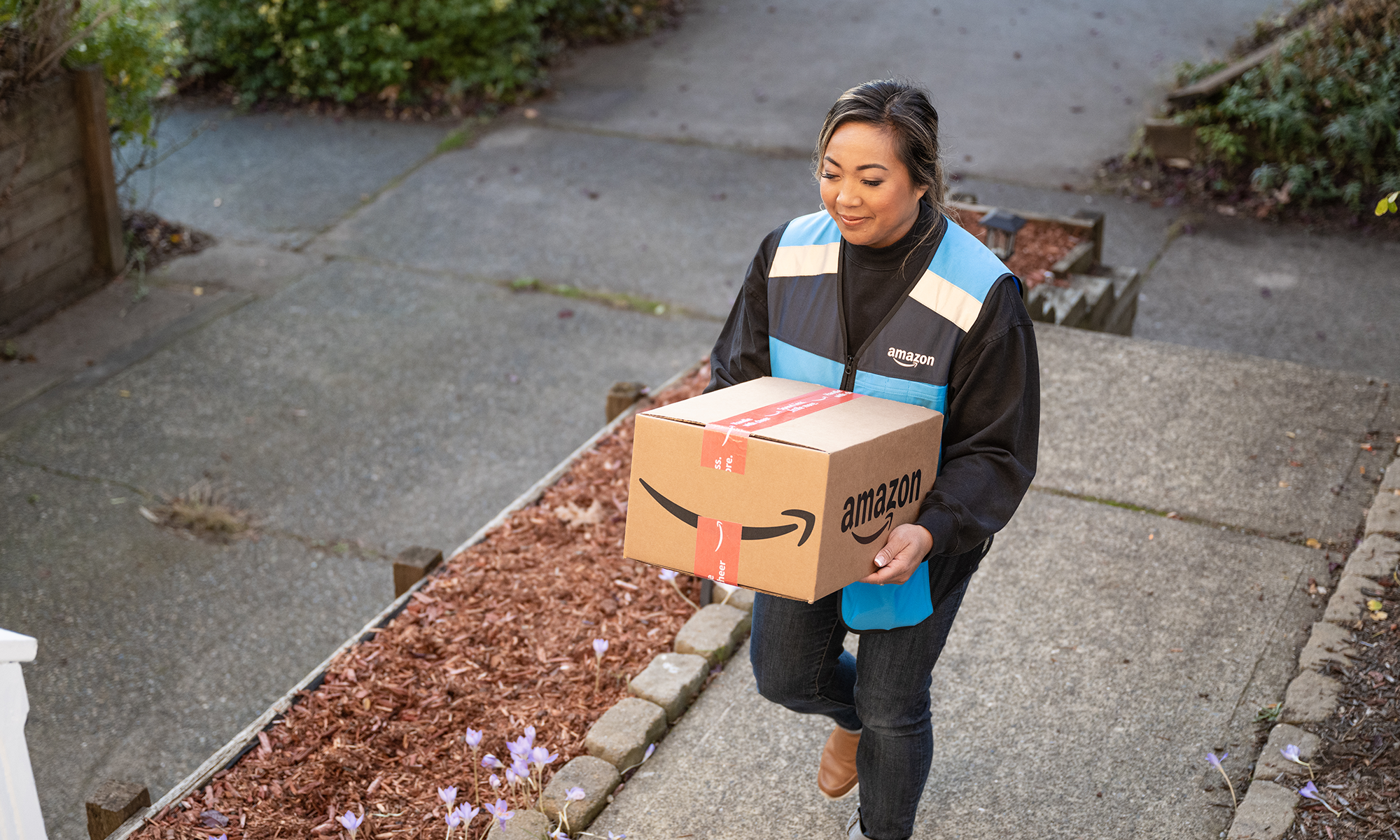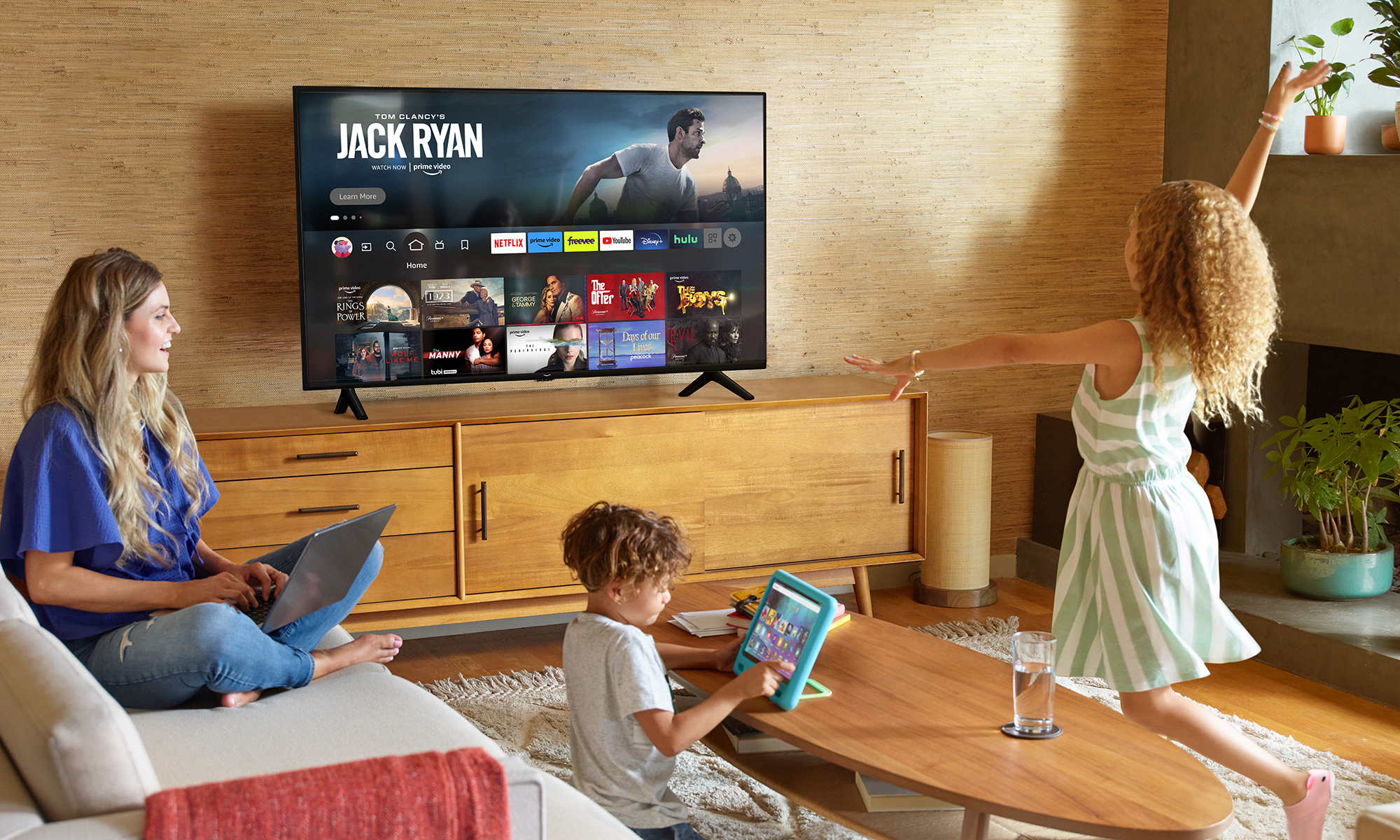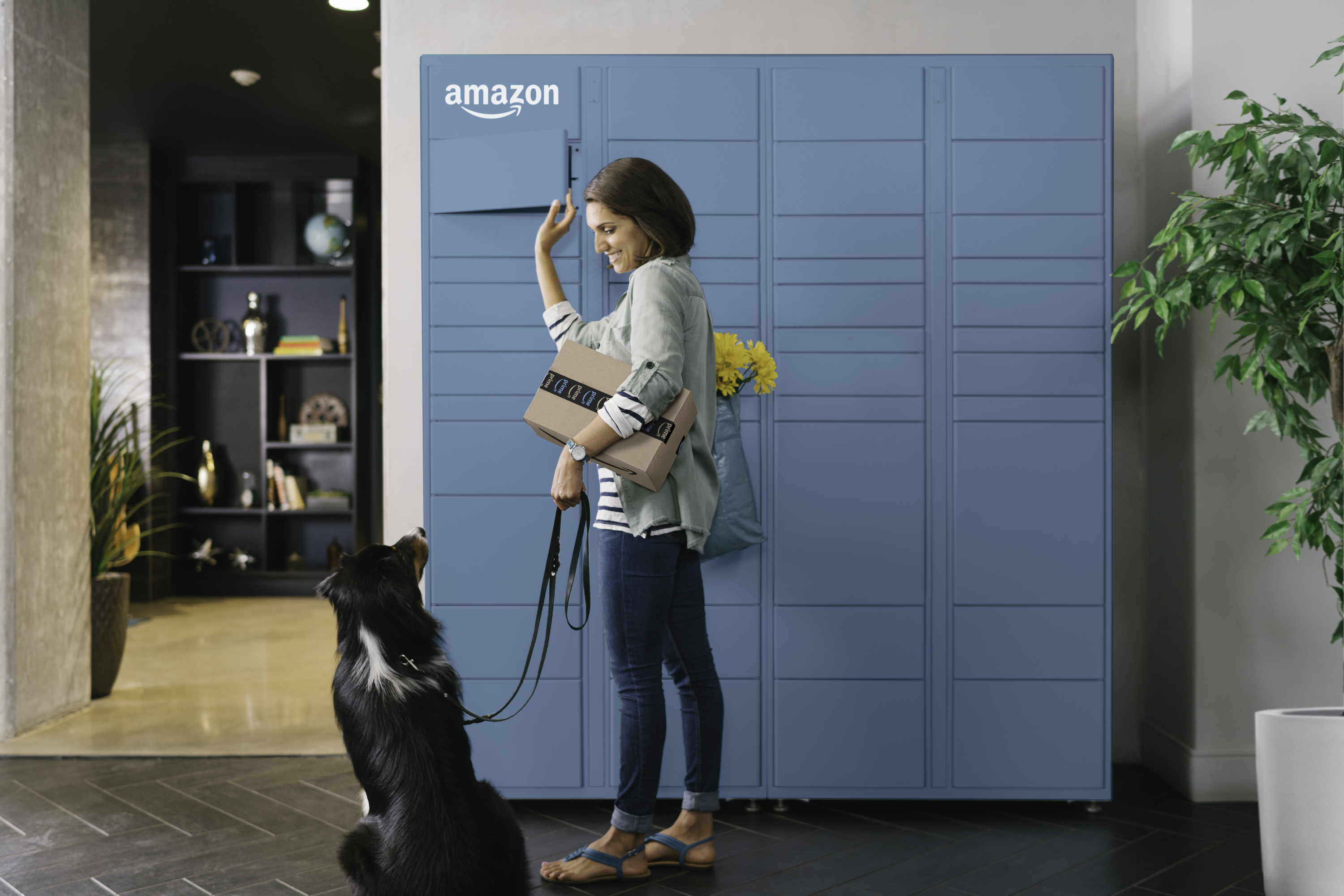It's hard to say if Target's (TGT +2.56%) recent foray into matched pricing is a win for the retailer or a blow to Best Buy (BBY 0.08%). Until the announcement, Best Buy was the big bold retailer, making headlines for daring to take on Amazon (AMZN 1.02%) during the holidays. Now, Target, a bigger, bolder, less-likely-to-have-to-shutter-its-stores, retailer is making the same claim. The three questions hanging in the air are, how does this affect Target, is Best Buy out of luck, and does Amazon care at all?
What it means for Target
In its statement announcing the plan, Target said that it was offering the price match to give customers a great in-store experience. Everyone who read the release knows that, what the company really wants to do, is stop customers from treating Target like a showroom. This phenomenon has been cited as one of the major problems facing Best Buy, and Target is in a similar position, with a product set that largely overlaps with Amazon.
Target is focusing its price match on Amazon, Best Buy, Toys "R" Us, and Walmart (WMT +1.47%). But will matching those competitors help its top or bottom line? At the top, Target is addressing a problem that it saw last year, and I expect it will help overall revenue. In the fourth quarter call for 2011, CEO Gregg Steinhafel said that the company saw a drop in sales at the very peak of the holidays, due to intense pricing competition. Target held to its rates, did not discount merchandise in response, and blamed that for the fall in sales.
But the reason Steinhafel said that the company held off on jumping into the fray was to avoid damaging its bottom line. He said, "We chose to maintain an appropriate balance between driving sales and profitability."
The difference between last year and the price matching this year is that last year, Target avoided getting into a discounting war. In fact, by having everyone match online prices -- Walmart will have to get pulled in at some point -- these companies are effectively no longer competing on price. They could all charge 10% more for items and all earn bigger margins. It looks like Target is risking very little in matching online prices.
What it means for Best Buy
Best Buy is in the worst position of the three companies. It started out needing to drag customers back from Amazon, it took a risk to do that, and then Target called its bluff. Best Buy has lost its unique selling point, but has also committed to selling its products at a lower margin. It's like the worst kind of showroom, wherein customers can walk in, not even bother to haggle, and get a lower price. There's no reason for brand loyalty, or for anyone who wasn't going to come in to suddenly become a customer.
Target is in a position of power here. Its same store sales have grown 4% year to date, with overall revenue up 4.5% through September. Best Buy watched its same store sales fall 3% in its last quarter, and revenue was down 3%, as well. Target just kicked Best Buy to the floor and walked away smiling. Happy holidays, indeed.
What it means for Amazon
Of the three, Amazon is clearly the least affected by all this. The company doesn't have to make any adjustments to its pricing, and the only sales it would lose would be showroom sales. In a market research piece released earlier this year, Deloitte projected that "mobile influenced sales" would account for about 5% of total holiday sales. That includes sales where the person purchases the product in the store. Assuming the product checked is cheaper by enough to justify ordering it online 50% of the time, Amazon stands to poach 2.5% of in-store sales.
Let me end this article with a bit of math to highlight what's at stake for Amazon. Best Buy makes 6% of its sales online, while Target makes a mere 2%. That means that last year customers spent about $28 billion in-store between the two retailers. That means that, using our 2.5% estimate from above, Amazon could have gotten about $700 million in revenue from showroom sales. Last year, that would have amounted to 4% of Amazon's $17.35 billion in revenue. I don't imagine Jeff Bezos is lying in bed, worried about the loss.
Keep in mind that the estimate I provided is skewed to show the worst setup for Amazon. In all likelihood, Amazon got something more like 1% of all those sales, not 2.5%. The short story is -- keep up with Amazon, it's dominating retail, and holiday gimmicks aren't going to change that. The Fool has a premium report on the tech giant, with details on what investors need to watch if they're going to buy into Amazon. So don't sweat the smaller guys, and click here to get your copy of our Amazon report.









